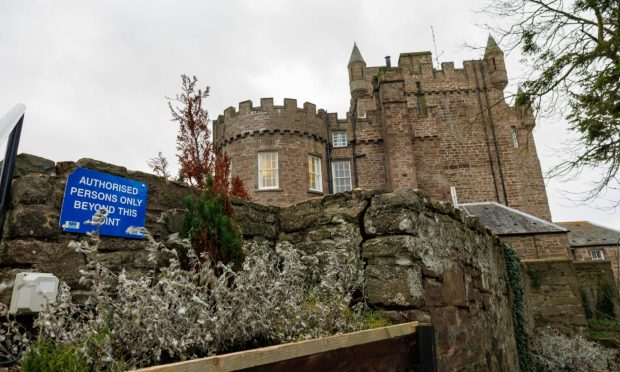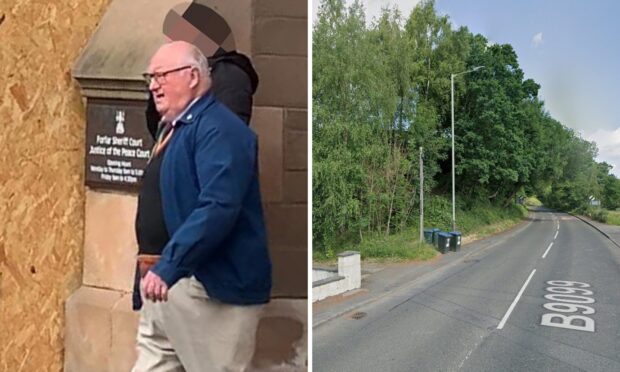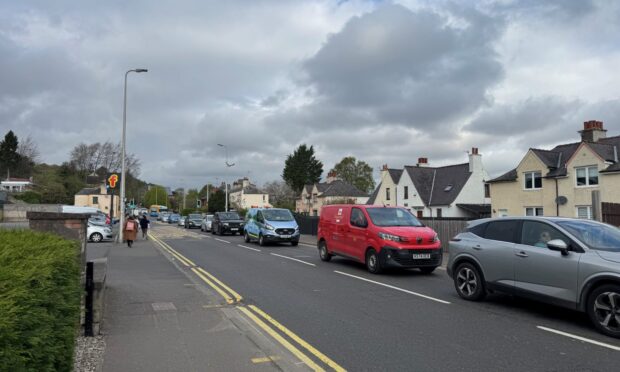A violent criminal sentenced to a minimum of 10 ten years in prison has been released from Castle Huntly near Dundee by the parole board.
However, the panel has refused to give any details on the offenders crimes, despite being obligated to publish their reasons for release.
Under Scots Law, The Parole Board for Scotland must publish anonymised decision summaries of prisoners it has agreed to free after an oral hearing.
In the latest case, it has taken the parole board nearly two months to publish the decision summary, much longer than other cases where details of the crime have been reported.
Castle Huntly prisoner’s crime not revealed
The only information regarding the offender’s history stated that they were given an indeterminate sentence with at least a decade to be spent behind bars.
Indeterminate sentences are those which do not have a set end point, such as a life sentence or an order for lifelong restriction (OLR).
OLRs a sentence of imprisonment which can be imposed on people convicted of a serious violent offence (other than murder), a serious sexual offence, an offence which endangers life, or an offence which indicates a tendency to serious violent, sexual or life-endangering offending.
Criminals like Dundee murderer Robbie McIntosh are on orders for lifelong restriction.
Earlier this month, The Courier revealed that a murderer released from the Tayside prison was one of eight killers freed in Scotland this year.
In The Courier’s A Voice for Victims campaign, we want to bring more transparency to parole board proceedings.
We believe there should be a provision for parole cases to be heard in public so people know who is being released back into their community on parole and why.
A spokesperson for the panel refused to give any further information on this case, saying: “The Parole Board does not comment on individual cases.”
Rules open to interpretation
But in the majority of decision summaries, the panel does give more detailed accounts of the prisoner’s crimes which at least allows a semblance of transparency – even if it falls far short of what The Courier believes is required to maintain open justice.
The rules to which the parole board must adhere to when publishing their decisions are open to interpretation and allows the secretive panel to decide what is of public interest.
Section 34 of the Parole Board (Scotland) Rules 2022, states: “A summary published under this rule must not include information which identifies, or could be used to identify, any person involved in the proceedings.
“In publishing a summary under this rule, the panel may withhold information about the reasons for the decision if it considers that publication of the information would be contrary to the public interest or the interests of justice.”
Fist Minister commitment to campaign
Last week, the First Minister gave a commitment to looking at how the current parole system re-traumatises victims after our A Voice for Victims campaign was raised in parliament.
The Courier believes transparency is a key part of ensuring victims are put first within the parole setting and building trust between the board and the general public.
John Swinney made his comments at First Minister’s Questions (FMQs) about the treatment of murder victim Steven Donaldson’s family this year amid Angus killer Tasmin Glass’ ongoing parole bids.
Glass, who was convicted of culpable homicide in 2019, has had her case before the parole board three times this year already with it being deferred each time, leaving her victim’s family in limbo.
Read more on The Courier’s A Voice for Victims campaign here.













Conversation